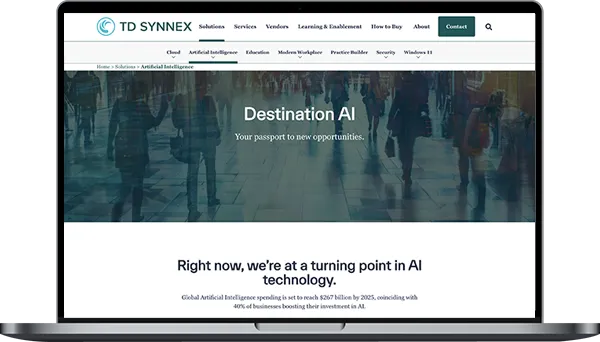An AI-powered digital physiotherapy platform has been successfully trialled on the NHS in England, significantly reducing waiting lists for musculoskeletal (MSK) appointments.
The Flok Health platform was used to treat patients in Cambridgeshire and Peterborough, along with other initiatives such as community assessment days.

When the programme was launched, waiting times for elective MSK services within the Cambridgeshire Community Services (CCS) NHS Trust were around 18 weeks.
The trust said that waiting times for all MSK services were reduced by 44% over the course of the 12-week trial.
Waiting lists specifically for back pain were more than halved using the Flok AI clinic alone, with a reported reduction of 55% and a saving of 856 hours of clinician time per month.
Jayne Davies, the trust’s clinical lead for MSK services, told the BBC that a third of the department’s workload involved lower back pain, with demand outstripping capacity.
“If rolled out thoughtfully, this could be a game-changer for patients and the NHS,” she added.
The Flok Health platform is the first of its type to be regulated by the Care Quality Commission and could now be rolled out to other parts of the NHS.
Digital physio uses clinical decision engine and pre-recorded demonstrations
Flok Health users are given a digital appointment that sees the AI-powered digital physiotherapist asking a series of questions to assess their pain and condition.
The technology underlying this consultation and assessment is a new form of clinical decision engine, which is classed as a registered medical device.
This is combined with a system for real-time responsive video assembly, which allows the digital physiotherapist to communicate with the patient and deliver their advice.
Exercises are demonstrated on-screen by a human physiotherapist using pre-recorded footage that is selected and assembled in real time.
Flok Health says that its proprietary programming language recreates best-practice clinical reasoning and is able to record its reasoning and decisions onto the patient’s electronic health record, just as a human physiotherapist would.
There is also scope for patients to be referred to a human clinician if needed, but in the CCS trial, 98% of patients were assessed, treated and discharged entirely through the digital clinic.
The trial results found that four-fifths (80%) of patients reported the app to be ‘equivalent to’ or ‘better than’ face-to-face care.
Today’s news was brought to you by TD SYNNEX – the UK’s number one solutions distributor.
Destination AI
Destination AI from TD SYNNEX is our comprehensive end-to-end programme designed to help you and your customers get ahead of the AI curve.

